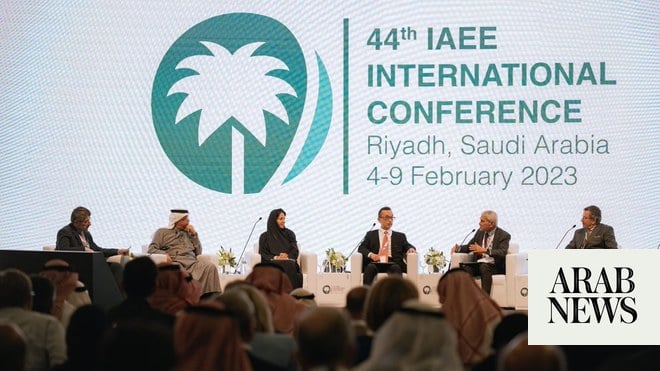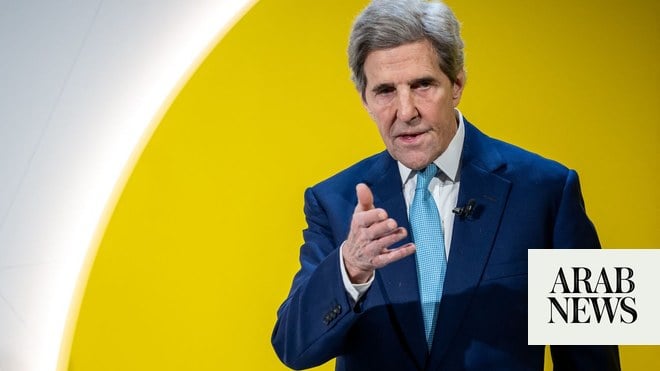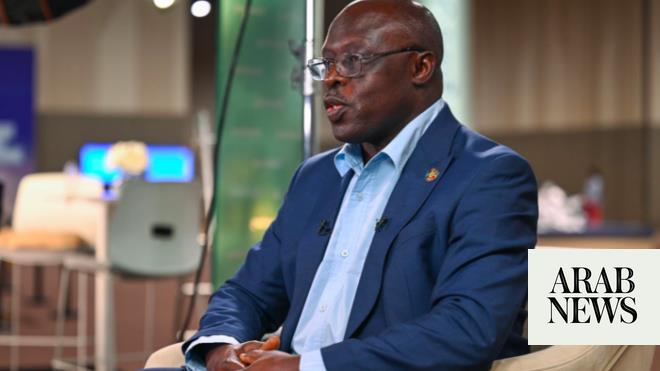
RIYADH: A catalytic event is needed to encourage the private sector to scale up renewable and sustainable energy projects to aid the transition to green fuel, according to Princess Noura Turki Al-Saud, a founding partner at AEON Strategy.
Speaking on the second day of the International Association for Energy Economics Conference, Princess Noura praised recent moves by world leaders in the battle against climate change, but called for more involvement from private companies.
She made the comments during a panel discussion on the pathways to energy transitions, where she also praised the impact of the 2016 Paris Agreement, saying it “brought in the private sector.”
However, Princess Noura felt that pilot projects in this area need to be further developed, and added: “That would really come with private sector involvement, and for the private sector to really be involved and putting that capital that is necessary to drive innovation and to scale up these technologies and to find the necessary solutions, you really need to have strong governance and transparency.”
She added that the Paris Agreement not only brought in the financial sector, it also attracted civil society into the dialogue.
“That in itself created the conversation that is wider than what"s just happening within the negotiation rooms, which is a process in itself which takes, I would say more than decades,” said the princess.
This session further explored whether climate ambitions and energy security can be harmonized, and the realistic pathways to best meet global, and regional goals and the aspirations of a just energy transition.
Khalid Abuleif, senior sustainability advisor to the Ministry of Energy, said he considers the climate accords signed in Copenhagen in 2009 – which did not have any legally binding commitments for reducing carbon emissions – as a success rather than a failure.
“In Copenhagen, we realized at that point, that top-down type of agreement would not really help us get to our goals and reach a consensus of the whole world moving together to address this issue.”
Abulief spoke about the two approaches that currently exist in the world, saying: “One approach that is very much implemented by our partner in the EU, which is, you know, the top-down processing that focuses on the move away from fossil fuel.
He went on: “The other path focuses on…getting to have a much wider scope to it, because it deals with both successes – that we have to move in the future towards renewable – but also we do not ignore ‘what do we have today?’”
Abulief said that the Saudi initiative is building in the wider band, adding: “We’ve done emission reduction aspects, and we have our targets on that basically doubled what we promised in 2015.”
He added that Saudi Arabia’s approach toward sustainability is holistic, with its energy policies balanced between trade-offs, and its climate actions accelerated to form one of the optimal energy transition pathways.
Princess Noura argued that what is missing is the catalytic effect necessary to scale up these pilot projects and the solutions right.
“That would really come with private sector involvement, and for the private sector to really be involved and putting that capital that is necessary to drive innovation and to scale up these technologies and to find the necessary solutions, you really need to have strong governance and transparency.”
Ken Koyama, senior managing director, and chief economist at the Institute of Energy Economics in Japan, called for a “pragmatic, inclusive, and holistic approach” to tackle the transition to green energy, while “simultaneously addressing climate change and energy security.”
He added that promoting energy transition towards carbon neutrality means the demand for critical minerals and rare metals will increase exponentially.
The 44th IAEE International Conference is being held in Riyadh from Feb. 4 to 9, in what is a first for the Middle East and North African Region.
The event’s theme is “Pathways to a clean, stable, and sustainable energy future”, and is being hosted by The King Abdullah Petroleum Studies and Research Center and Saudi Association for Energy Economics.
More than 500 delegates from 40 countries are set to attend the 44th International Association for Energy Economics International Conference, which is being held in the Middle East and North African region for the first time.











